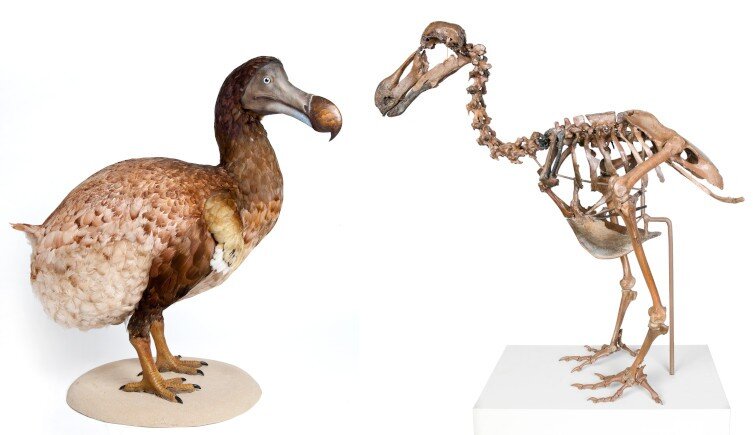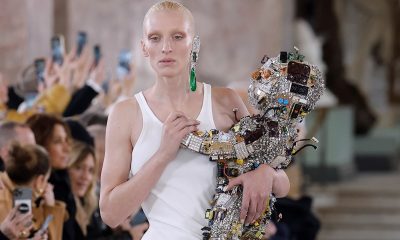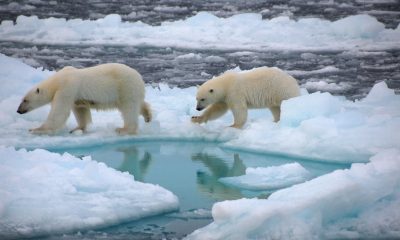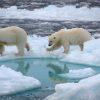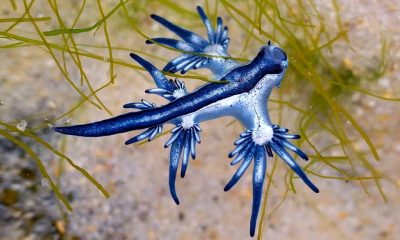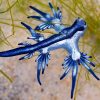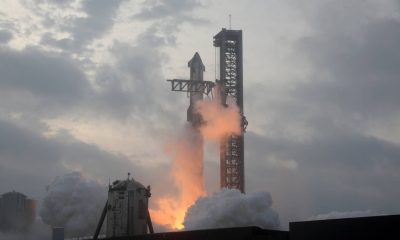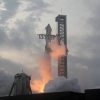Uncategorized
Reviving the Dodo: A Pioneering Collaboration between Geneticists and Conservationists
In a groundbreaking collaboration, Colossal Biosciences and the Mauritian Wildlife Foundation are joining forces to revive the long-extinct dodo and reintroduce it to its native habitat in Mauritius. Colossal, known for its pursuits in de-extinction, plans to recreate the dodo through genetic engineering, utilizing the full genome sequences of the dodo, its extinct relative, the solitaire, and the living Nicobar pigeon.
The geneticists at Colossal have successfully identified precursor cells for ovaries or testes in the Nicobar pigeon, known as primordial germ cells (PGCs). They are investigating whether these PGCs can develop into viable sperm and eggs. The next step involves editing Nicobar pigeon PGCs to express dodo traits, which will then be introduced into the embryos of sterile chickens. The goal is to create a hybridized bird with the physical characteristics of a dodo.
While Colossal focuses on the genetic aspect, the Mauritian Wildlife Foundation is engaged in a feasibility study to determine the most suitable location for the dodos in Mauritius. Possible sites include Black River Gorges National Park, Round Island, and Île aux Aigrettes. The foundation considers factors such as predators, poaching, and human interference in selecting an ideal location.
Vikash Tatayah, director of conservation at the Mauritian Wildlife Foundation, emphasizes the need to control invasive species on the mainland, such as rats, feral cats, pigs, dogs, monkeys, mongooses, and crows, for the successful reintroduction of the dodo. Despite challenges, Tatayah believes the dodo’s return could contribute to the restoration of ecosystems and revive mutualistic relationships that have diminished since the bird’s extinction.
However, avian paleontologist Julian Hume raises concerns about the complexity of recreating a species from DNA and suggests that even if successful, it may result in a bird with only “dodo-esque” qualities. The ethical and practical implications of de-extinction are subjects of ongoing debate, with some experts suggesting that resources might be better utilized for the conservation of existing endangered species.
Colossal CEO Ben Lamm sees the dodo project as an opportunity to inspire conservation optimism globally, particularly among the youth, in the face of climate change and biodiversity loss. Tatayah believes that the high-profile nature of the project could catalyze broader conservation efforts in Mauritius.
While the timeline for the dodo’s resurrection remains uncertain, Tatayah stresses the importance of viewing de-extinction as just one tool in the conservation toolbox, not a replacement for established methods. Despite varying opinions on the practicality and necessity of reviving the dodo, the project continues to capture the imagination and curiosity of researchers and the public alike.



